Common malware slipped past the macOS notarization process twice
Apple immediately revoked the notarization, but the adware slipped through again
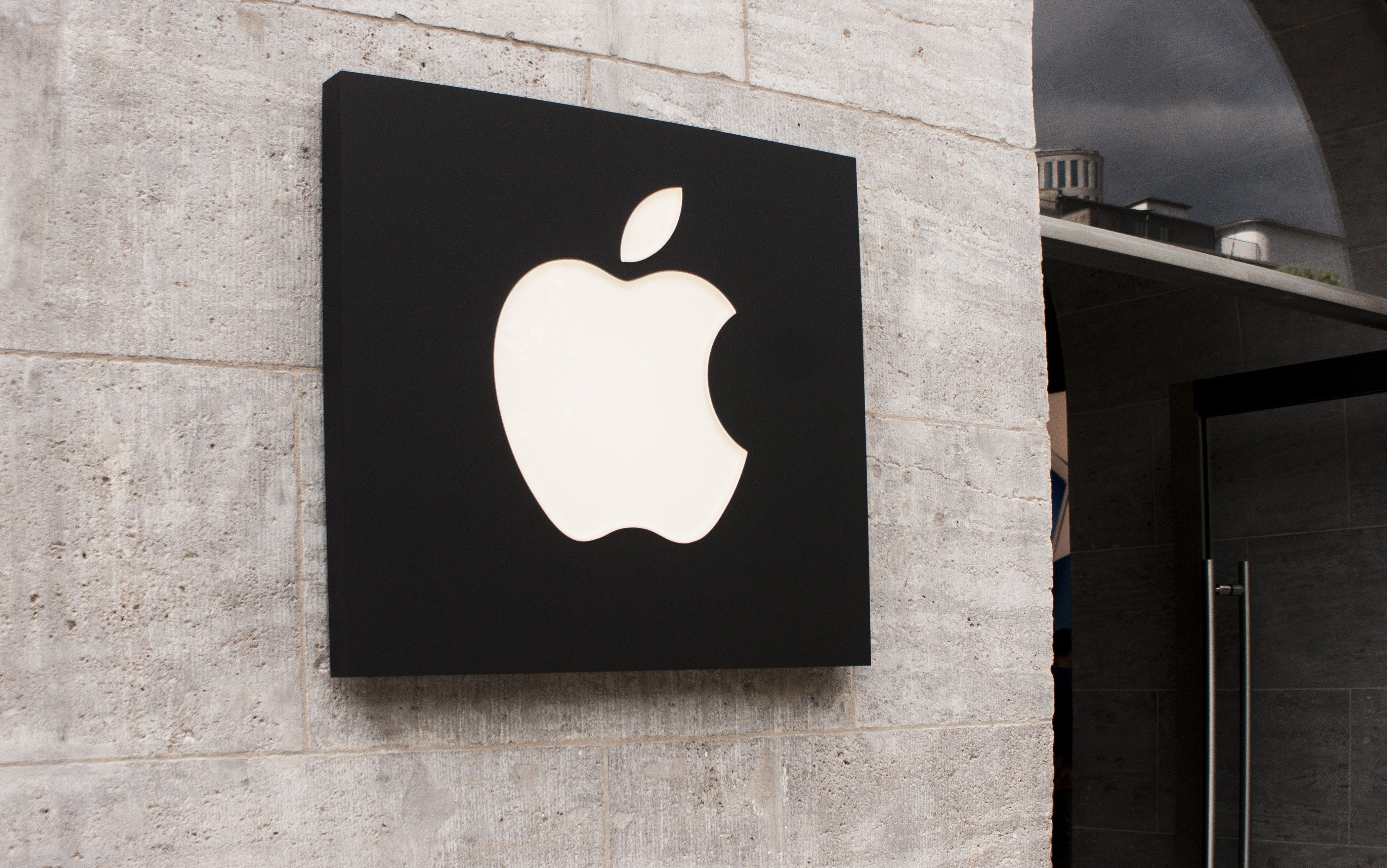
Apple launched a notarization process for all apps and software created for macOS in February to weed out malware. Recently, a college student discovered adware with a full macOS notarization, according to WIRED.
Mac computers were once impenetrable vaults, which led to few hackers attempting to infiltrate them. Those who tried would generally hit roadblocks. Today, Macs are hacked nearly as often as PCs, which lead to the February launch of Apple’s notarization process.
This notarization is required for all apps and software designed for macOS. And if the notarization doesn’t exist, a user can’t run the software without a workaround. However, college student Peter Dantini purposefully downloaded malware, fully expecting his Mac to reject the installation. To his surprise, the well-traveled Shlayer adware installed on his machine without issue.
Dantini alerted Apple of the notarized malware on Aug. 28, and Apple immediately revoked the notarization certificates. Unfortunately, two days later, the malware reappeared with a notarization from a different Apple Developer ID. Dantini again alerted Apple of the issue.
Apple addressed the issue, saying, "Malicious software constantly changes, and Apple’s notarization system helps us keep malware off the Mac and allow us to respond quickly when it’s discovered.” The company continued, "Upon learning of this adware, we revoked the identified variant, disabled the developer account, and revoked the associated certificates. We thank the researchers for their assistance in keeping our users safe."
The fact that Apple quickly addressed the situation is reassuring, but this is proof that relying on Apple’s notarization system alone isn’t enough. While it can help prevent most malware, having a strong antivirus and a critical eye for iffy apps is key.
Sign up today and you will receive a free copy of our Future Focus 2025 report - the leading guidance on AI, cybersecurity and other IT challenges as per 700+ senior executives
-
 Morgan Stanley research warns AI is having a huge impact on jobs
Morgan Stanley research warns AI is having a huge impact on jobsNews Analysis of five sectors highlights an "early warning sign" of AI’s impact on jobs
-
 AI is “forcing a fundamental shift” in data privacy and governance
AI is “forcing a fundamental shift” in data privacy and governanceNews Organizations are working to define and establish the governance structures they need to manage AI responsibly at scale – and budgets are going up
-
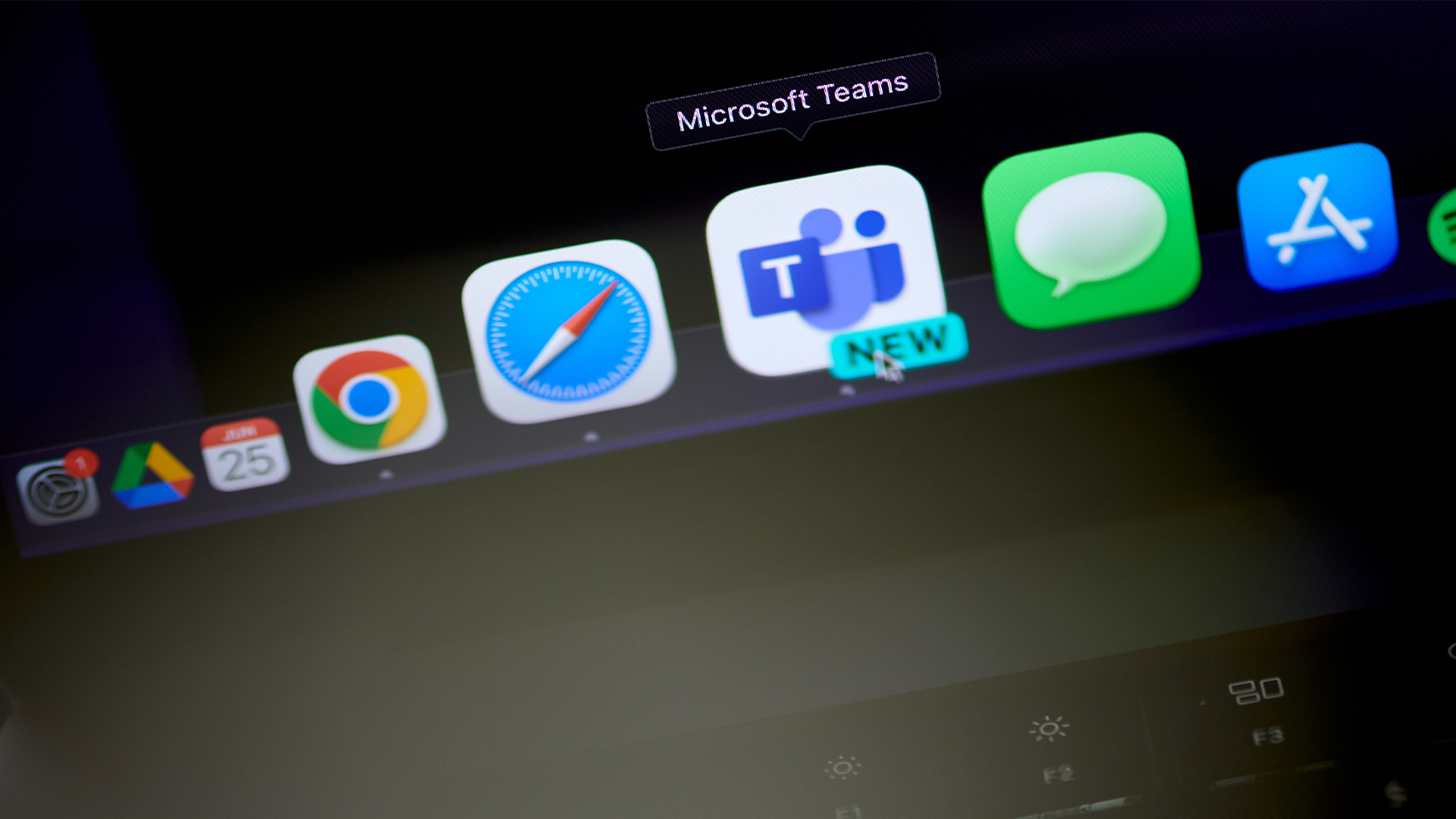 Serious flaws in Microsoft apps on macOS could let hackers spy on users
Serious flaws in Microsoft apps on macOS could let hackers spy on usersNews The security firm said attackers could bypass permissions for Microsoft apps on macOS and gain privileges without verification
-
 LockBit macOS ransomware strain discovered, sparks concerns over shifting tactics
LockBit macOS ransomware strain discovered, sparks concerns over shifting tacticsNews Researchers noted that while this disclosure should be a cause for concern, the program is currently very buggy
-
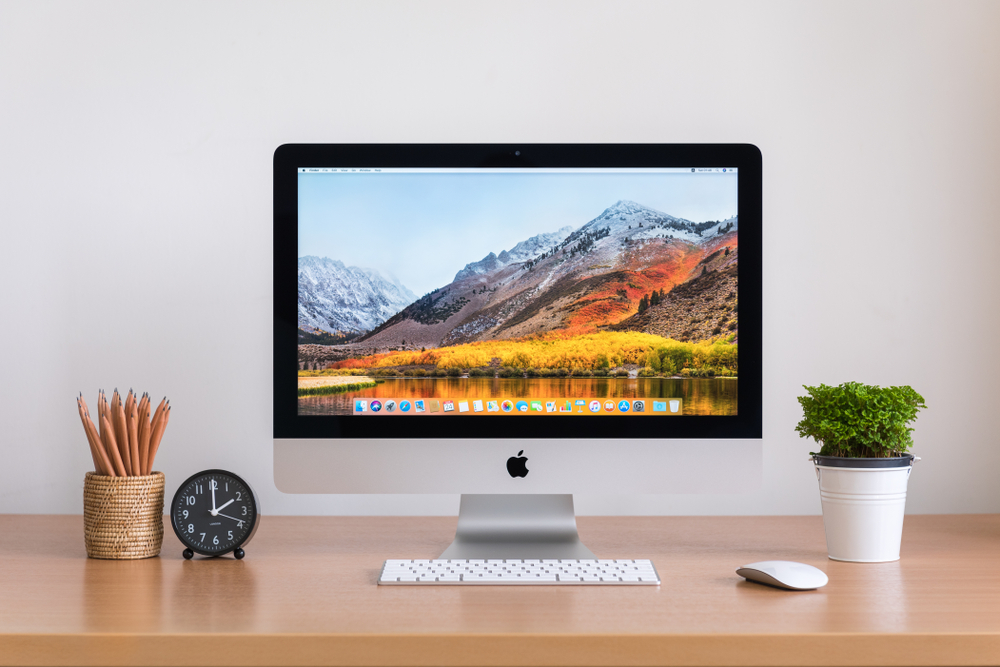 Google warns of data-stealing macOS bug
Google warns of data-stealing macOS bugNews Hackers exploited the flaw to target a Hong Kong media outlet's website and pro-democracy labor and political group
-
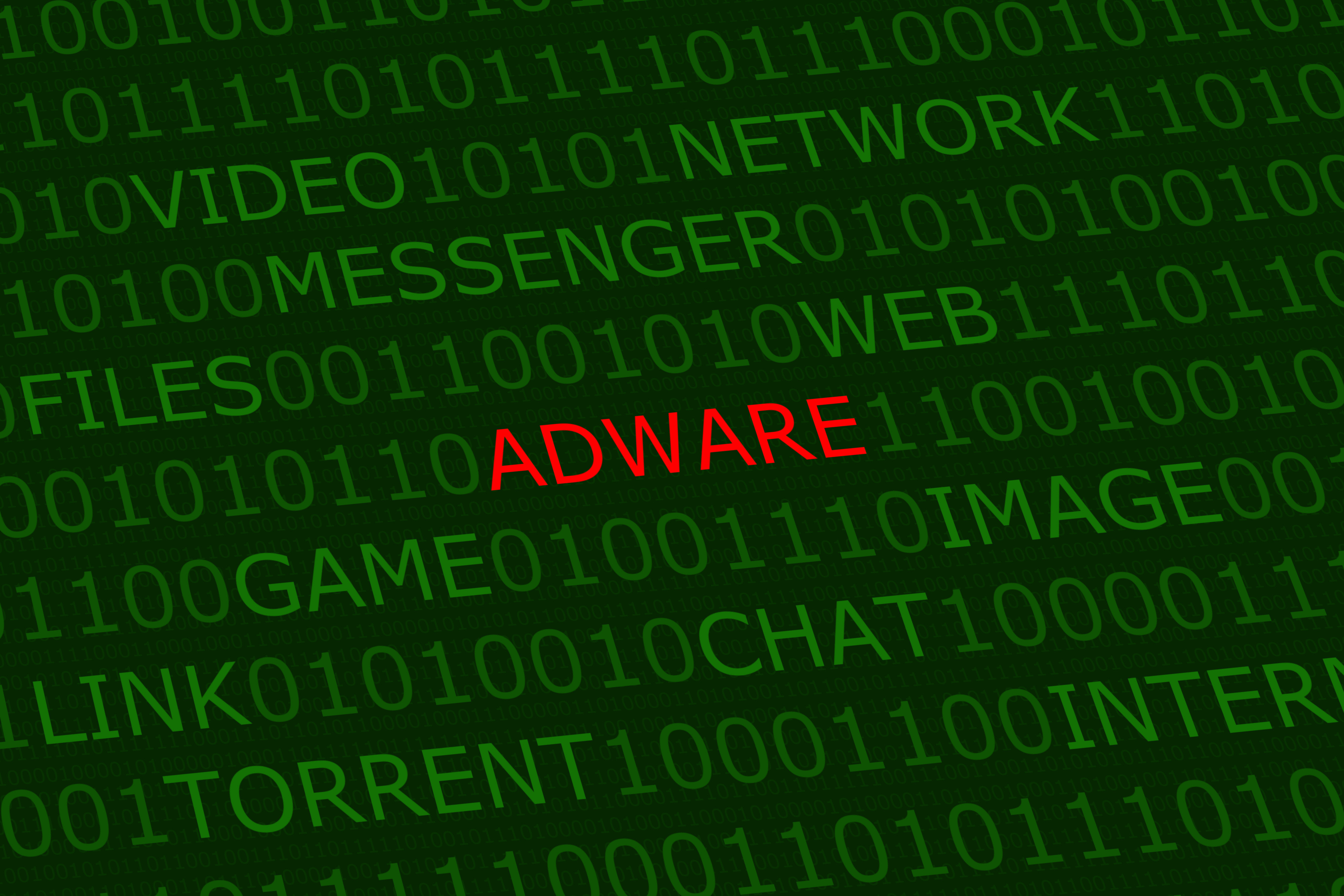 New Adload malware bypasses Apple’s XProtect to infect macOS devices
New Adload malware bypasses Apple’s XProtect to infect macOS devicesNews Old malware retooled to evade Apple defenses
-
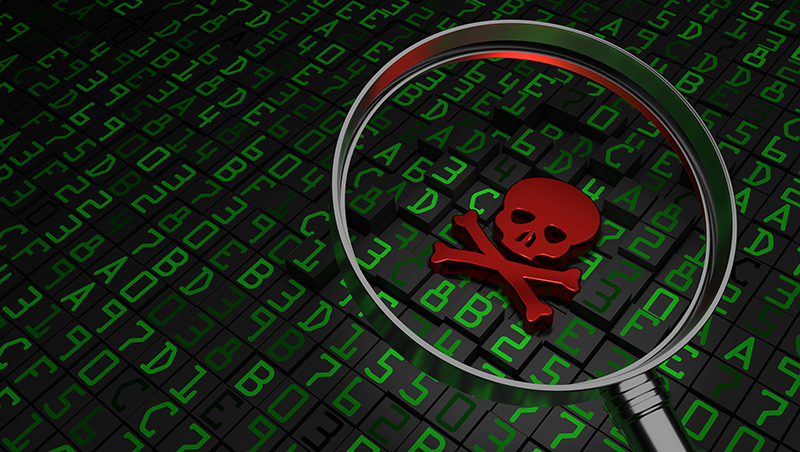 MacBook users warned against EvilQuest ransomware
MacBook users warned against EvilQuest ransomwareNews The malware aims to encrypt macOS devices, which are typically less affected by ransomware
-
 Researchers blast Swedish developer WakeNet AB for ‘deceptively’ spreading adware
Researchers blast Swedish developer WakeNet AB for ‘deceptively’ spreading adwareNews Bad actors are using tools like 'embed movie' to coax victims into installing software that house adware
-
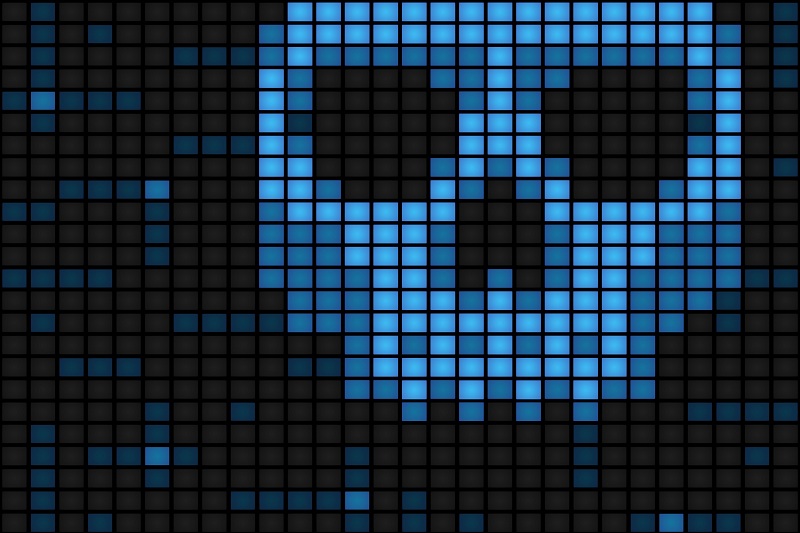 Zacinlo malware threatens Windows 10 PCs' security
Zacinlo malware threatens Windows 10 PCs' securityNews Malware takes screenshots of users' desktops, and has been operating silently for six years
-
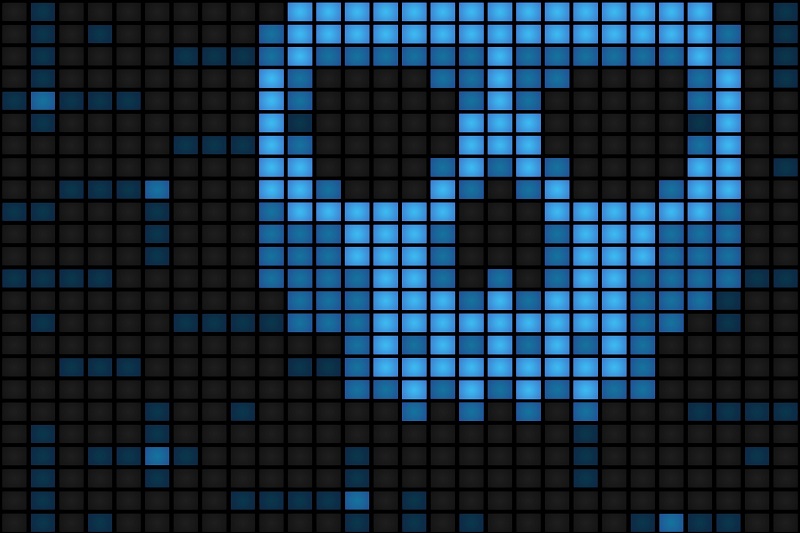 Mac and Android malware on the rise, reports show
Mac and Android malware on the rise, reports showNews New research suggest that malware for the two device families has spiked over the past year